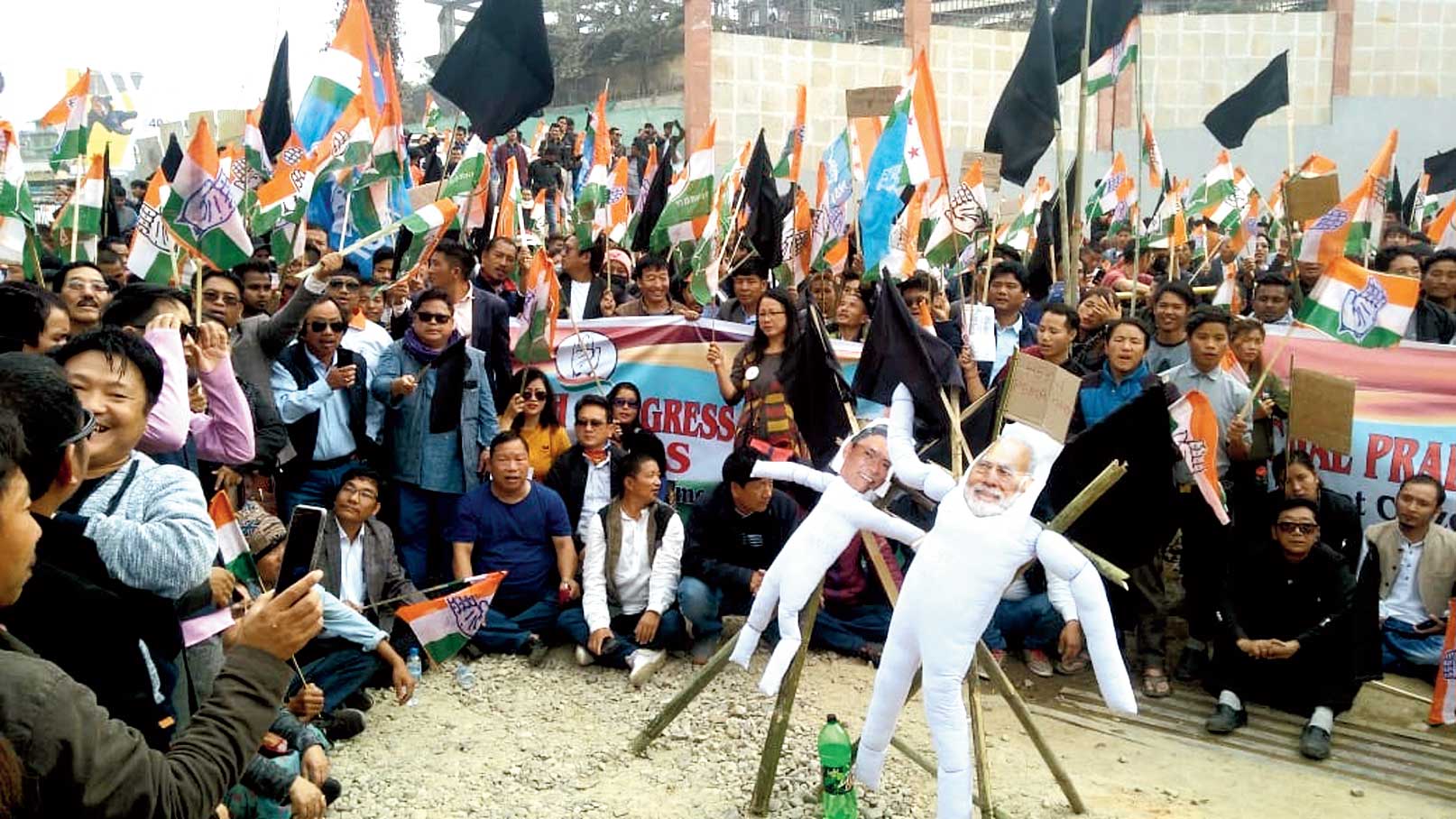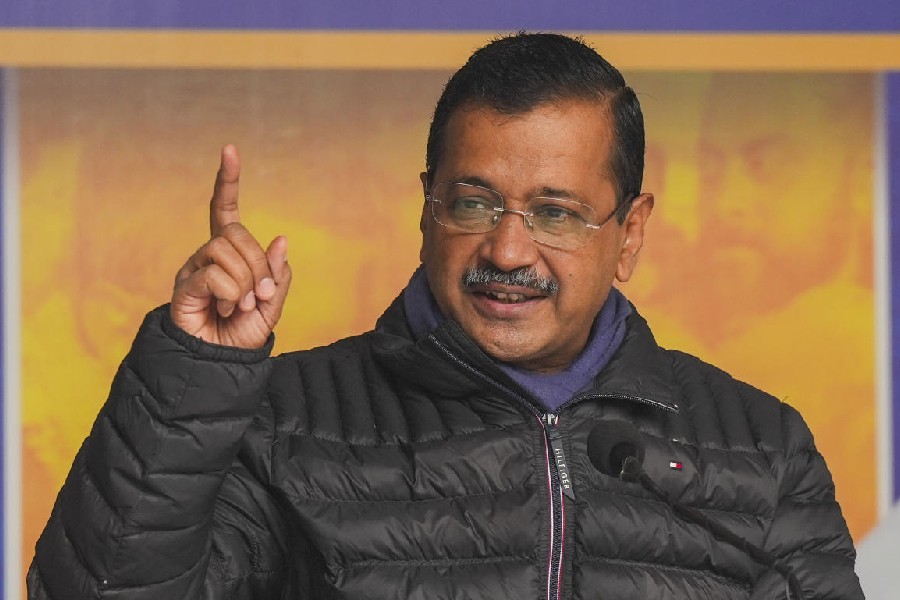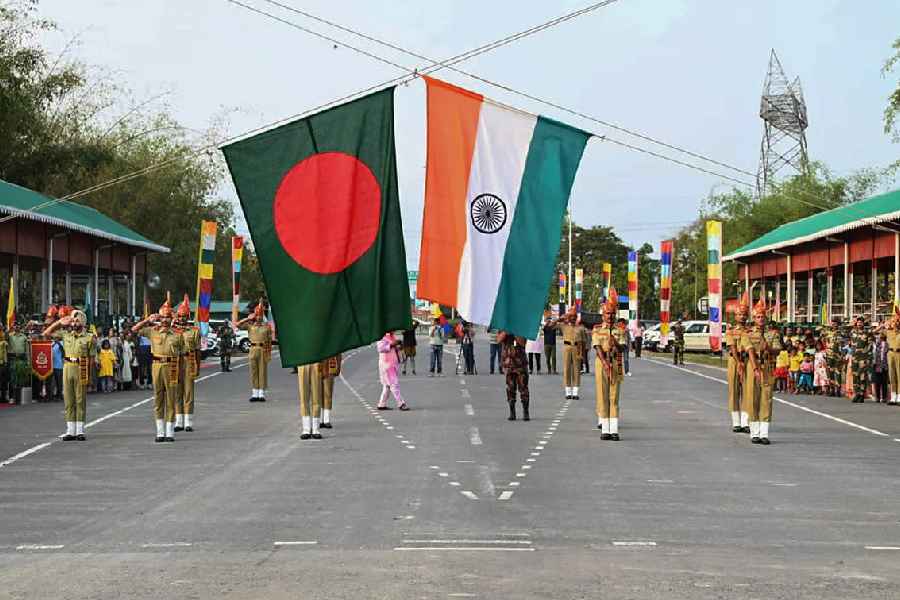The Congress on Thursday marched and held rallies in various places of the state against the Citizenship (Amendment) Bill, 2019.
The bill, which was passed in the Lok Sabha on January 8, is yet to get a Rajya Sabha nod.
At the capital, hundreds of Congress workers, led by Arunachal Pradesh PCC president Takam Sanjoy, staged a sit-in protest in front of the civil secretariat where they later burnt effigies of Prime Minister Narendra Modi and chief minister Pema Khandu.
Addressing the gathering, Sanjoy said the bill is unconstitutional, discriminatory and against the indigenous people of the state and the Northeast. “The bill will endanger the existence of indigenous people and create communal disharmony in the entire Northeast. We will never accept Bangladeshi refugees or that of any other country or community as Indian citizens,” he said.
Sanjoy also took a dig at Khandu for extending support to the “draconian bill”.
Joining his Assam counterpart Sarbananda Sonowal in defending the bill, Khandu, while addressing a gathering at Seijosa in Pakke Kessang district recently had said, “People with vested interests have been misinterpreting the bill to create confusion.”
“The chief minister alone cannot take a decision whether to accept the bill or not, as it will have a direct impact on the people of state. We know that he (Khandu) is a little inexperienced when it comes to politics, however, when it is comes to taking such major decisions, he should be more careful,” Sanjoy said.
Sanjoy said the British had enacted the Chini Hill Act in 1846 and the Bengal Easter Frontier Regulation in 1872 to protect the then North East Frontier Agency (NEFA), however, “Prime Minister Modi who claims to be the chowkidar of India is adamant to demolish the most sensitive state which shares its border with Myanmar, Bhutan and China”.
Arunachal Pradesh was earlier known as NEFA.
Sanjoy alleged that the BJP by introducing the bill was trying to negate the Citizenship Act of 1955, the philosophy of 1985 Assam Accord and the latest judgment of the Supreme Court on National Register of Citizens (NRC).
The bill seeks to grant Indian citizenship to Hindus, Sikhs, Buddhists, Jains, Parsis and Christians from Afghanistan, Bangladesh and Pakistan who entered India before December 31, 2014, due to religious persecution even if they do not provide the required documents.











